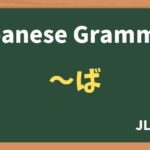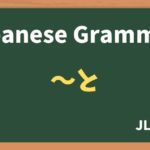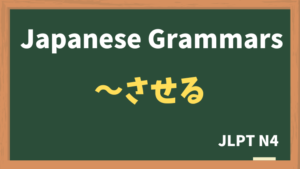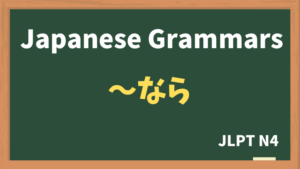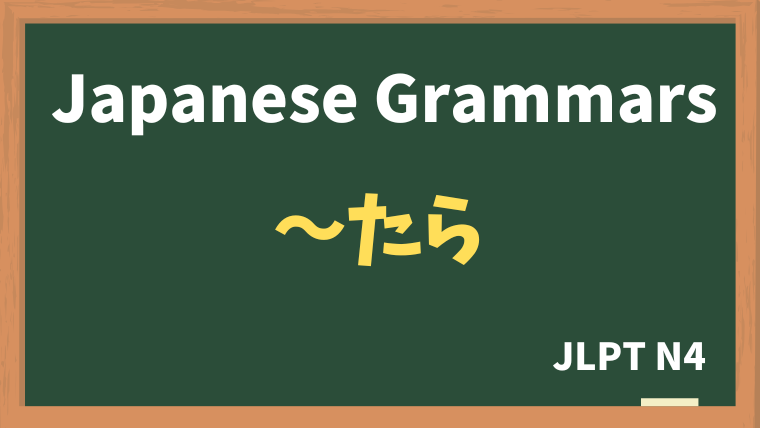
Contents
Explanation:〜たら
fa-check-circleMeaning
The expression 〜たら in Japanese is often used to express conditional "if" statements, indicating what will or could happen under a specific condition. It’s commonly used in both spoken and written Japanese and is highly versatile, allowing speakers to express hypothetical situations, suggestions, and expectations.
fa-check-circleForm
V(ta form) + ら
- Example: 行く (iku) → 行ったら (ittara) - "if/when (you) go."
- Adjective (ta-form) + ら
- For い-adjectives: Use the past tense and add ら.Example: 安い (yasui) → 安かったら (yasukattara) - "if it's cheap."
- For な-adjectives: Add だったら to the adjective stem.Example: 静か (shizuka) → 静かだったら (shizukadattara) - "if it’s quiet."
- Noun + だったらExample: 先生 (sensei) → 先生だったら (sensei dattara) - "if (he/she/you) is a teacher."
fa-check-circlePoints
- Conditional Form: 〜たら is used to express "if" or "when" something happens.
- Emphasizes a Condition: It sets up a scenario where the outcome depends on a particular event or action.
- Versatile Usage: Used to indicate possibilities, provide suggestions, or set up expectations.
fa-check-circleJLPT Level
N4
Sample sentenes
1. Conditional "If"
雨が 降ったら、試合は 中止です。
If it rains, the match will be canceled.
時間が あったら、映画を 見ましょう。
"If there’s time, let’s watch a movie."
2. Hypothetical "When"
家に 帰ったら、すぐに 寝ます。
"When I get home, I’ll go to sleep immediately.
仕事が 終わったら、一緒に 食事しましょう。
When work is over, let’s have a meal together.
駅に 着いたら 電話してください。
Please call me when you arrive at the station.
3. Suggestions or Advice:
わからなかったら、先生に 聞いたらどうですか。
If you don’t understand, why don’t you ask the teacher?
疲れたら、少し 休んだらどうですか。
If you’re tired, why don’t you take a little break?
4. Unexpected Outcome
外に 出たら、友達に 会った。
When I went outside, I ran into a friend.
料理を 作ってみたら、とてもおいしかった。
When I tried cooking, it turned out to be delicious.
Usage Notes
- Conditional vs. Hypothetical: While 〜たら often means "if," it can also mean "when" depending on context, indicating certainty rather than possibility. In cases like "帰ったら" (when I get home), the condition is assumed to happen.
- Unexpected Situations: 〜たら can also show unexpected or surprising outcomes when used in the past tense.
- Suggestions: When used for suggestions or advice, 〜たら implies a light or polite recommendation, often translated as "why don’t you...?" in English.
Vocabulary
| Japanese | English | |
| 試合 | しあい | game / match |
| 中止 | ちゅうし | cancel |
| 疲れる | つかれる | to get tired |
Comparison with Similar Expressions
- 〜ば: Another conditional form, but with a stronger implication of dependence on the condition, often sounding a bit more formal.
- 〜と: Also means "if" or "when," but has a strong sense of inevitability or certainty, usually describing outcomes that will always happen when the condition is met (e.g., "おすと、ドアがあきます" – "If you push it, the door opens").
- 〜なら: Primarily used to mean "if" or "in the case that," 〜なら emphasizes context or assumption, often adding background knowledge or conditions.

